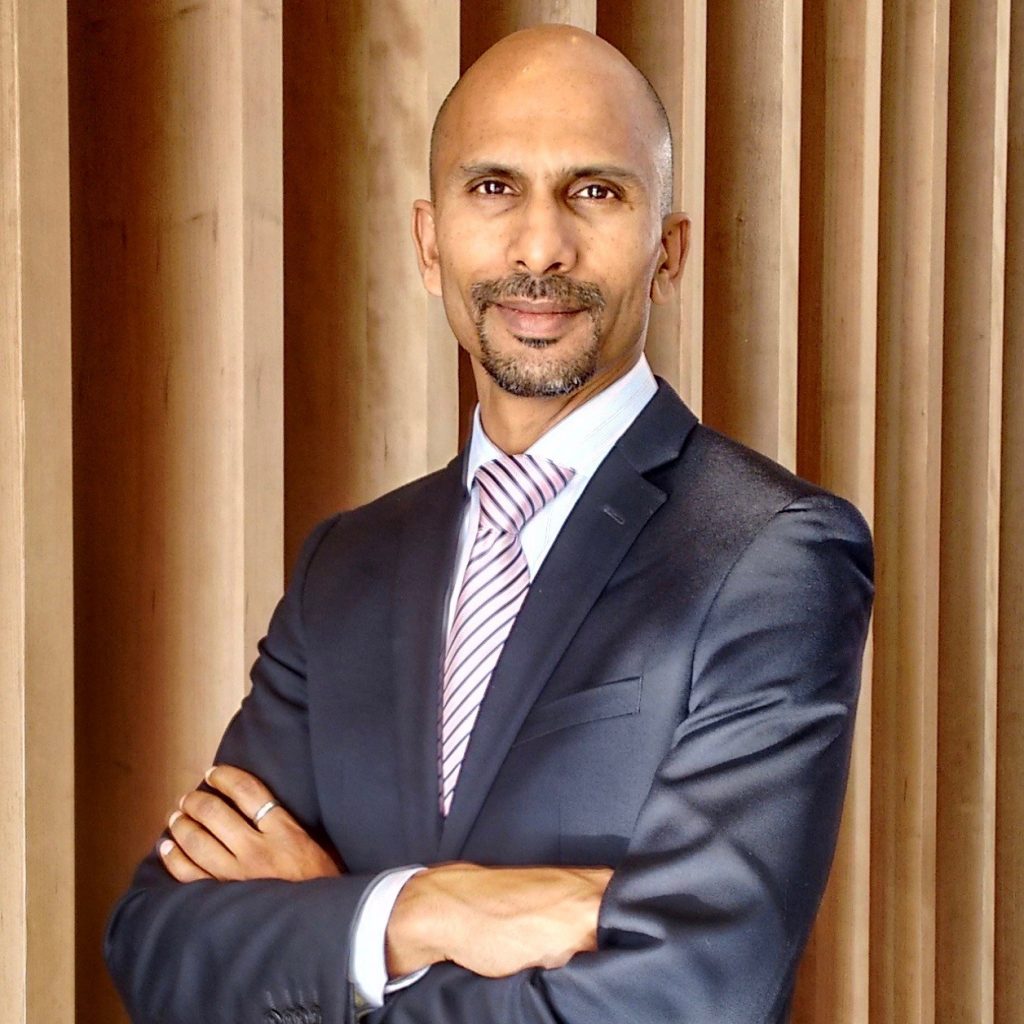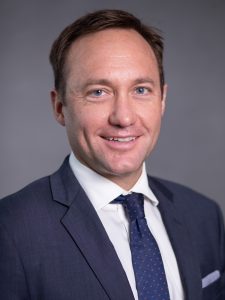As the global community continues to grapple with the coronavirus (COVID-19), the Atlantic Council is open for business. Our business, meetings, and events, however, are occurring virtually. For more information, please read an update from our President and CEO.
Event recap
On July 21, 2020 the Atlantic Council Global Energy Center hosted the 18th episode of EnergySource Innovation Stream featuring Sherwin Das, managing director at Energy Peace Partners. The event, moderated by Randolph Bell, director of the Atlantic Council Global Energy Center, focused on how peace renewable energy credits can encourage renewable energy development and strengthen regional and local communities in fragile states.
Das kicked off his presentation with an overview of Peace Renewable Energy Credits (P-RECs). P-RECs are modified renewable energy credits that certify renewable energy generation and the subsequent creation of additional social benefits. Energy Peace Partners aims to use P-RECs to solve the triple threat of conflict, energy poverty, and climate vulnerability by bringing renewable energy to fragile states. Energy Peace Partners connects corporations, utilities, and other entities looking to meet sustainability or renewable energy targets with local developers in fragile states to fund projects that can help strengthen communities on the ground. By focusing on the most vulnerable regions, P-RECs extend funding to countries that have historically been excluded from the global climate finance and renewable energy credit markets. P-REC revenue is reinvested in local communities to fund community projects or used as capital for future projects in the region. These projects can be transformative; Das shared that P-REC revenue from a solar array in Goma, Democratic Republic of the Congo was used to build streetlights that supported night markets and enabled businesses to stay open later, both of which had strong, positive impacts on the local community and economy.
Audience questions focused on how the ‘peace’ aspect of P-RECs is quantified, the differences between P-RECs and carbon offsets, and the future of the P-REC market. Das indicated that the initial criteria for measuring the peace impact was based on community vulnerability to conflict and climate impacts, as well as local access to energy. Energy Peace Partners is currently working to develop a methodology for quantifying the community impact of projects to strengthen their peace criteria. In response to a question on the differences between P-RECs and carbon offsets, Das explained that P-RECs are a sister system to carbon offsets, as they both assign value to carbon emissions reductions. However, P-RECs and renewable energy credits are simpler because they represent one megawatt of energy generated from renewable sources and do not require carbon reduction calculations. Das was optimistic about the future pipeline for P-RECs and shared that Energy Peace Partners has engaged in its first transaction with a corporate buyer. The private sector is increasingly working to meet sustainability and renewable energy targets, as well as build resilience. This trend is creating more opportunities for P-RECs to drive positive change.
Featuring

Sherwin Das is the managing director of Energy Peace Partners, which leverages climate and finance solutions that promote peace. Energy Peace Partners brings together expertise in renewable energy, climate security, and international peacebuilding in order to create enabling environments for introducing renewable energy capacity in the world’s most fragile regions. Before co-founding Energy Peace Partners, Sherwin was a senior fellow in the Program on Conflict, Climate Change, and Green Development at University of California, Berkeley’s Renewable and Appropriate Energy Laboratory (RAEL). Prior to this, he spent more than a decade as an international civil servant for the United Nations (UN), where he specialized in peacemaking, peacekeeping and peacebuilding in regions affected by violent conflict. He has worked in the Balkans, Eastern Europe, sub-Saharan Africa and at UN Headquarters in New York. His most recent UN assignment was as chief of political affairs for the United Nations Regional Office in Central Africa (UNOCA), a political mission mandated to prevent conflict and promote peace in the volatile Central African region.
Related experts
Learn more about the Global Energy Center

The Global Energy Center develops and promotes pragmatic and nonpartisan policy solutions designed to advance global energy security, enhance economic opportunity, and accelerate pathways to net-zero emissions.

